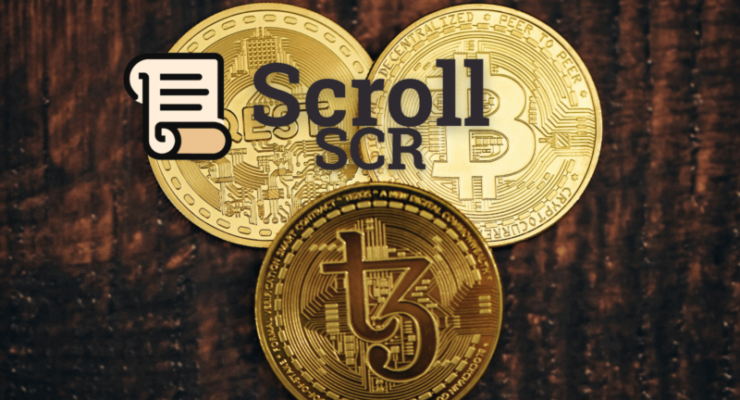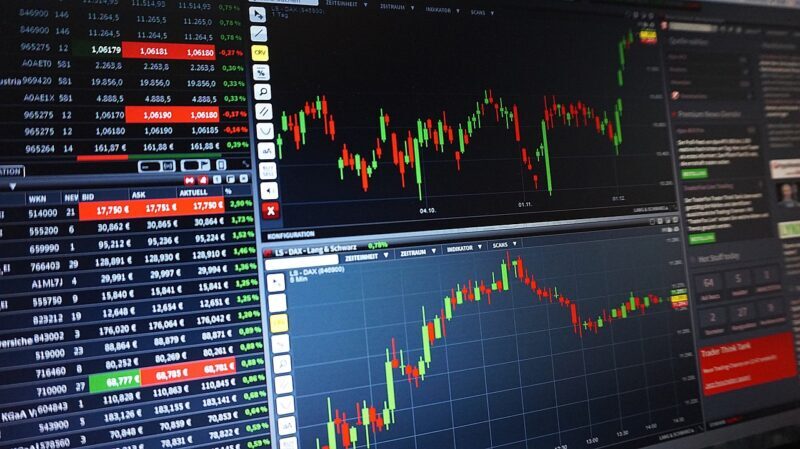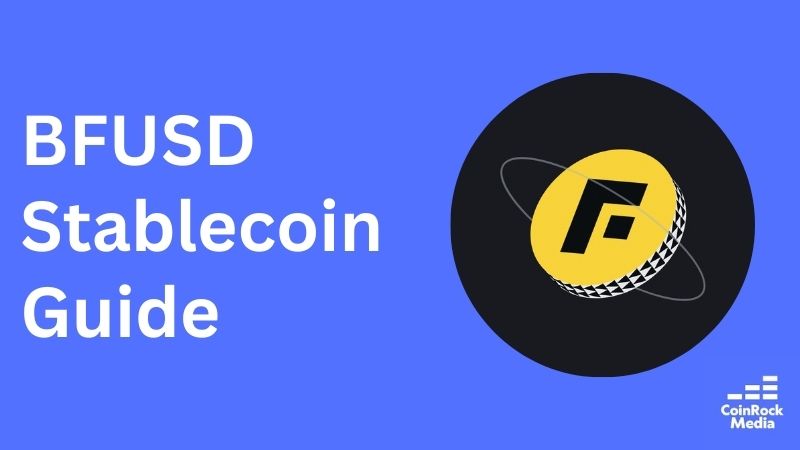Scroll (SCR) is a Layer 2 scaling solution for Ethereum designed to improve scalability, reduce costs, and enhance privacy for decentralized applications (dApps). Using Zero-Knowledge Rollups (ZK-rollups), Scroll offers a powerful, efficient alternative to traditional blockchain scaling methods. Here’s an introduction to Scroll, its technology, its features, and how it fits into the future of Ethereum.
What is a Scroll (SCR)?
Scroll (SCR) is a Layer 2 scaling solution specifically designed to improve the performance of Ethereum by addressing its limitations in scalability and privacy.
- Built on Zero-Knowledge Rollups (ZK-rollups), Scroll enhances Ethereum’s ability to process a higher volume of transactions without compromising on its decentralization or security.
- Unlike traditional blockchain solutions that process each transaction individually on the mainnet, ZK-rollups allow Scroll to bundle multiple transactions off-chain.
- This reduces the load on Ethereum’s base layer, enabling faster transaction processing and significantly lowering gas fees.
- Through the use of zero-knowledge proofs (ZKPs), Scroll guarantees that transaction details remain private.
The Technology Behind Scroll
Scroll is built on advanced Zero-Knowledge Rollups (ZK-rollups), a cutting-edge technology designed to scale blockchain networks like Ethereum. This Layer 2 solution significantly enhances Ethereum’s transaction throughput while maintaining its decentralization, security, and privacy. Here’s a breakdown of how Scroll’s technology works:
Zero-Knowledge Rollups (ZK-rollups)
- ZK-rollups are a type of Layer 2 scaling solution that allows for the processing of transactions off-chain while still maintaining the security and finality of the Ethereum mainnet.
- Instead of processing every transaction individually on Ethereum’s base layer, ZK-rollups bundle many transactions together into a single batch.
- The key innovation in ZK-rollups is the use of zero-knowledge proofs (ZKPs), which cryptographically verify the validity of off-chain transactions without revealing the details of the transactions themselves.
Benefits of ZK-rollups in Scroll
- Scalability: ZK-rollups allow Scroll to process thousands of transactions per second (TPS) off-chain, drastically increasing the scalability of Ethereum.
- Lower Gas Fees: By aggregating multiple transactions into a single one, Scroll reduces the cost of transaction fees, making it more cost-efficient for users and developers.
- Privacy: ZKPs ensure that sensitive information such as transaction amounts, senders, and receivers are not publicly disclosed, offering enhanced privacy compared to traditional blockchains.
How Scroll Enhances Ethereum’s Scalability
Scroll improves Ethereum’s scalability in the following ways:
- Reduces congestion: By processing transactions off-chain, Scroll alleviates network congestion on Ethereum.
- Scalable transactions: The network can process thousands of transactions at once.
- Instant transaction finality: No need to wait for confirmation—transactions are final once processed.
Scroll makes Ethereum more capable of handling the increasing demand for decentralized applications and smart contracts.
Privacy Features of Scroll
For Scroll, privacy is a crucial distinction. It focuses on ensuring that transactions remain confidential. Here’s how:
- Zero-knowledge proofs (ZKPs) ensure that transaction details (sender, receiver, amount) are hidden.
- Private transactions: Users can engage in confidential transactions without revealing their data.
- Reduced transparency: Unlike Ethereum, which is fully transparent, Scroll ensures privacy for users.
This makes Scroll a strong candidate for privacy-focused dApps and users who prioritize anonymity.
How Does Scroll Compare to Other Layer 2 Solutions?
Scroll is part of the growing ecosystem of Layer 2 solutions.
Scroll vs. Optimistic Rollups:
- Speed: Scroll (ZK-rollups) offers faster transaction finality than Optimistic Rollups.
- Privacy: Scroll provides better privacy through ZKPs, unlike Optimistic Rollups.
- Security: ZK-rollups offer stronger guarantees on transaction validity.
Scroll vs. zkSync:
- Similarities: Both use ZK-rollups to scale Ethereum.
- Differences: Scroll focuses heavily on privacy, offering more robust privacy features than zkSync.
The SCR Token: Utility and Use Cases
The SCR token is an important part of the scroll network. Here’s what it’s used for:
- Transaction fees: SCR is used to pay for gas fees within the Scroll network.
- Staking: Users can stake SCR tokens to help secure the network.
- Governance: SCR holders can participate in decisions regarding Scroll’s future development.
Additionally, SCR tokens are used to reward participants who help maintain the network.
Scroll’s Impact on Decentralized Finance (DeFi)
Scroll’s scaling and privacy features make it an excellent solution for DeFi applications. Here’s how Scroll can impact DeFi:
- Lower transaction fees: DeFi platforms benefit from reduced fees.
- Faster transactions: Scroll allows for quicker processing of DeFi transactions.
- Privacy: DeFi users can engage in anonymous transactions, preserving their privacy.
Scroll opens up new possibilities for privacy-focused and scalable DeFi applications, such as anonymous lending and trading.
The Future of Scroll
Scroll’s future holds great promise as Ethereum’s scalability challenges continue to grow. Here’s what we can expect:
- Wider adoption: As Ethereum scales, more dApps will likely adopt Scroll for better performance and privacy.
- Continuous development: Scroll’s technology will continue to evolve, bringing more features and improvements.
- Integration with Ethereum: Scroll will become an even more integral part of Ethereum’s scaling solutions, enhancing the overall ecosystem.
With ongoing development, Scroll is positioned to play a major role in Ethereum’s future scalability and privacy solutions.
Conclusion
Scroll (SCR) is a Layer 2 scaling solution for Ethereum that uses ZK-rollups to improve scalability and privacy. It tackles issues like network congestion, high fees, and transaction privacy, making Ethereum more efficient and secure for dApps.
With a focus on privacy and higher throughput, Scroll is set to play a key role in Ethereum’s future, offering scalability, security, and confidentiality for blockchain users and developers.





